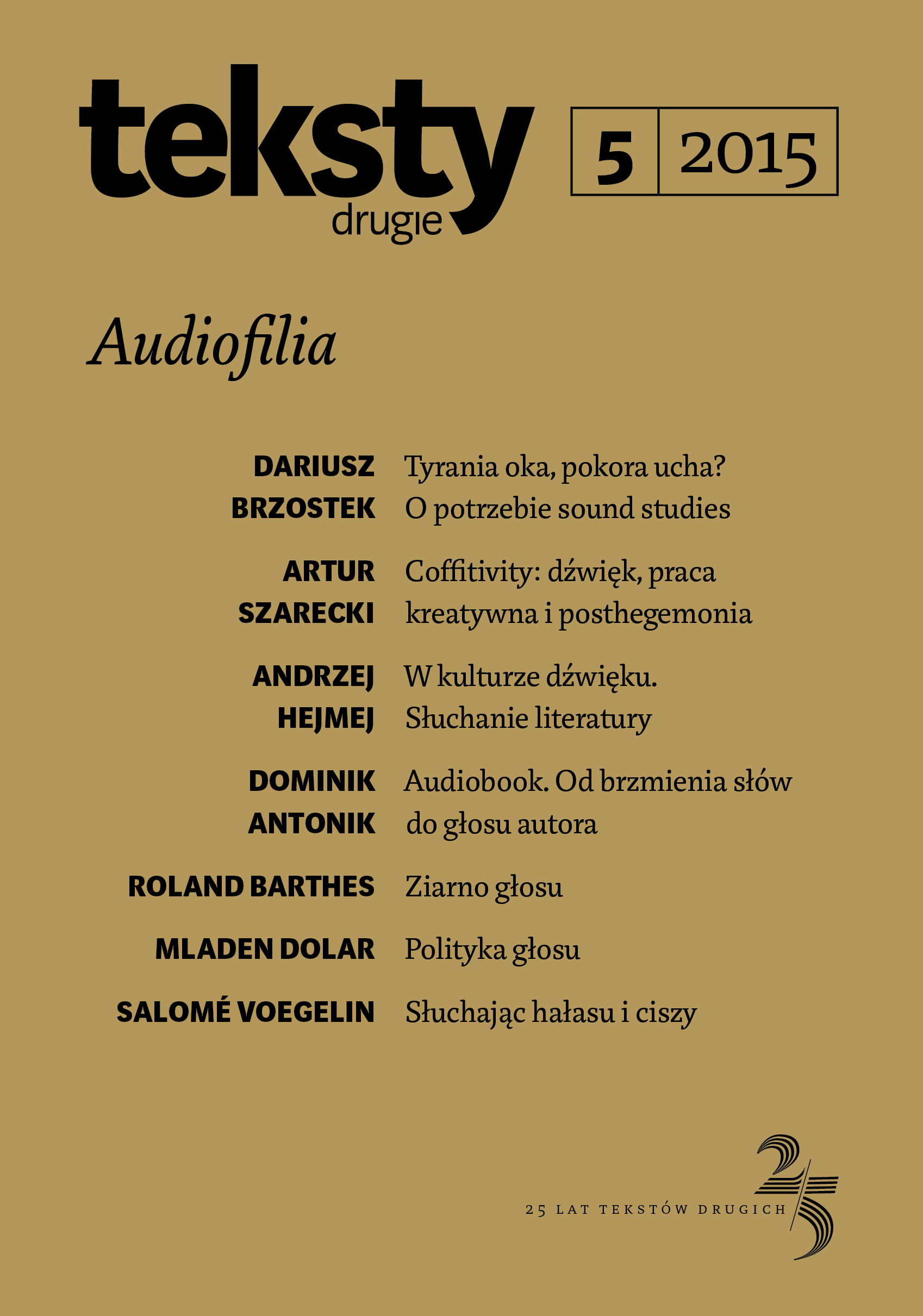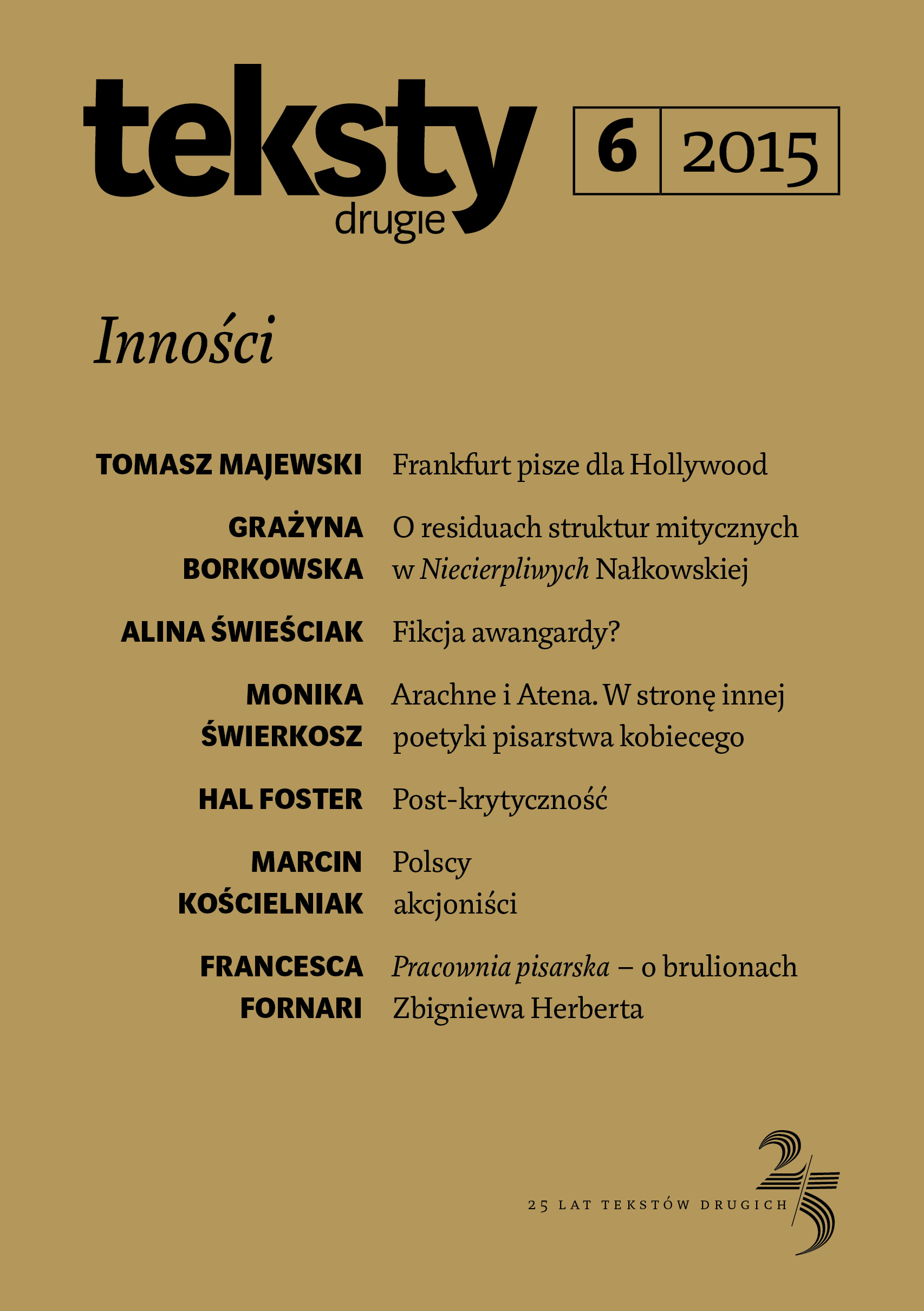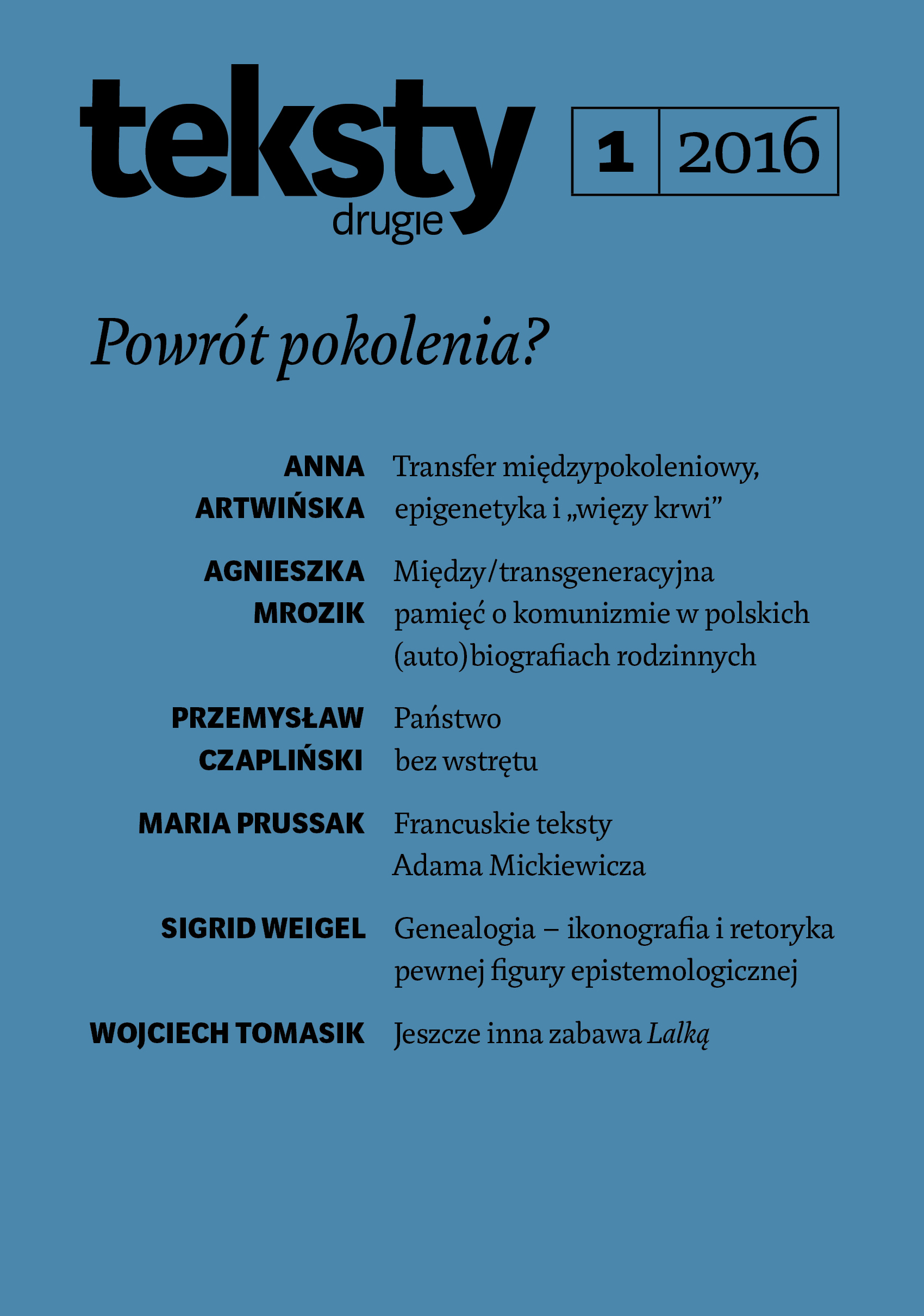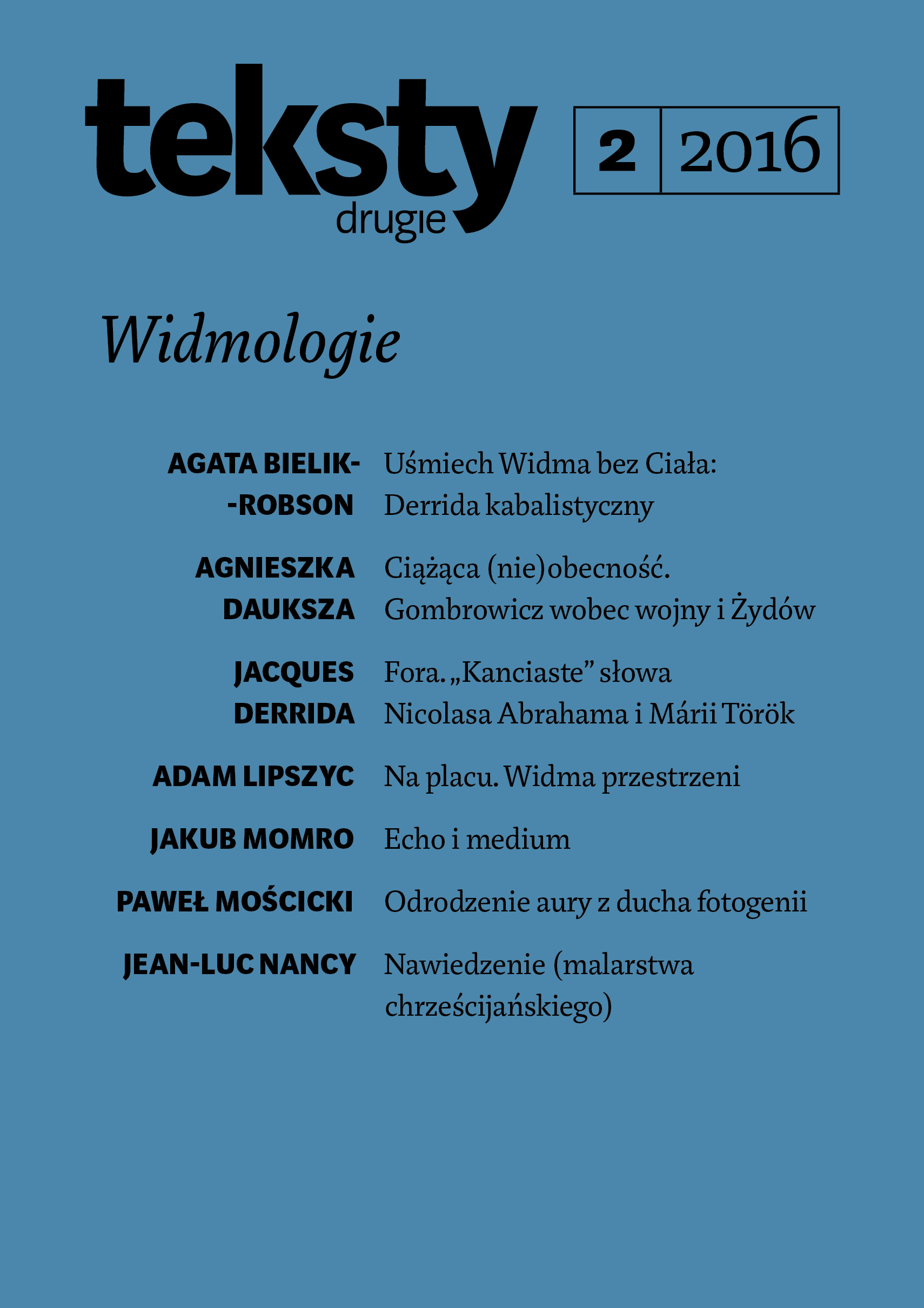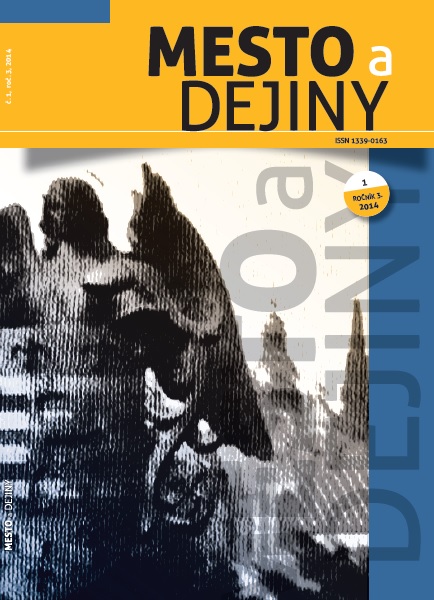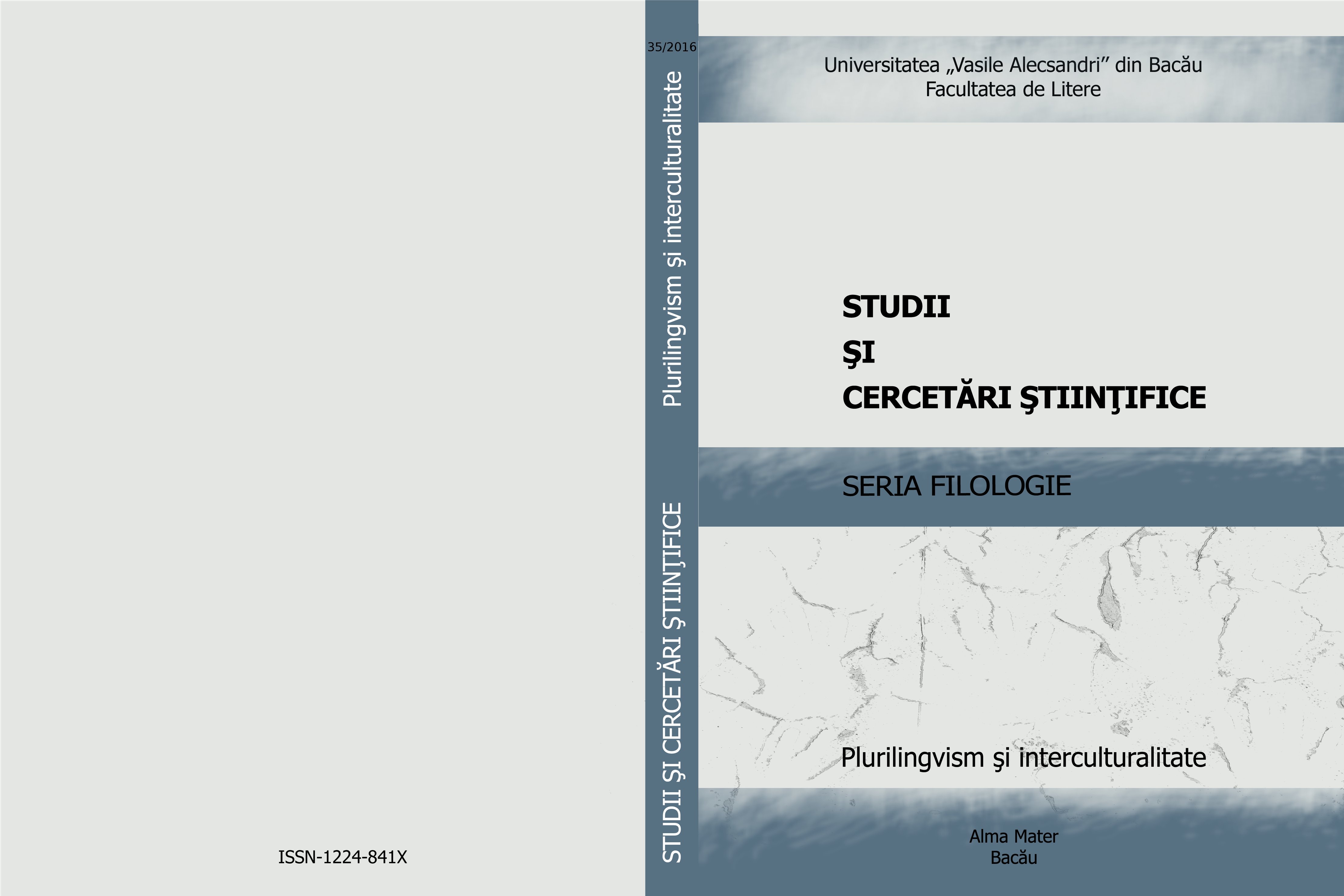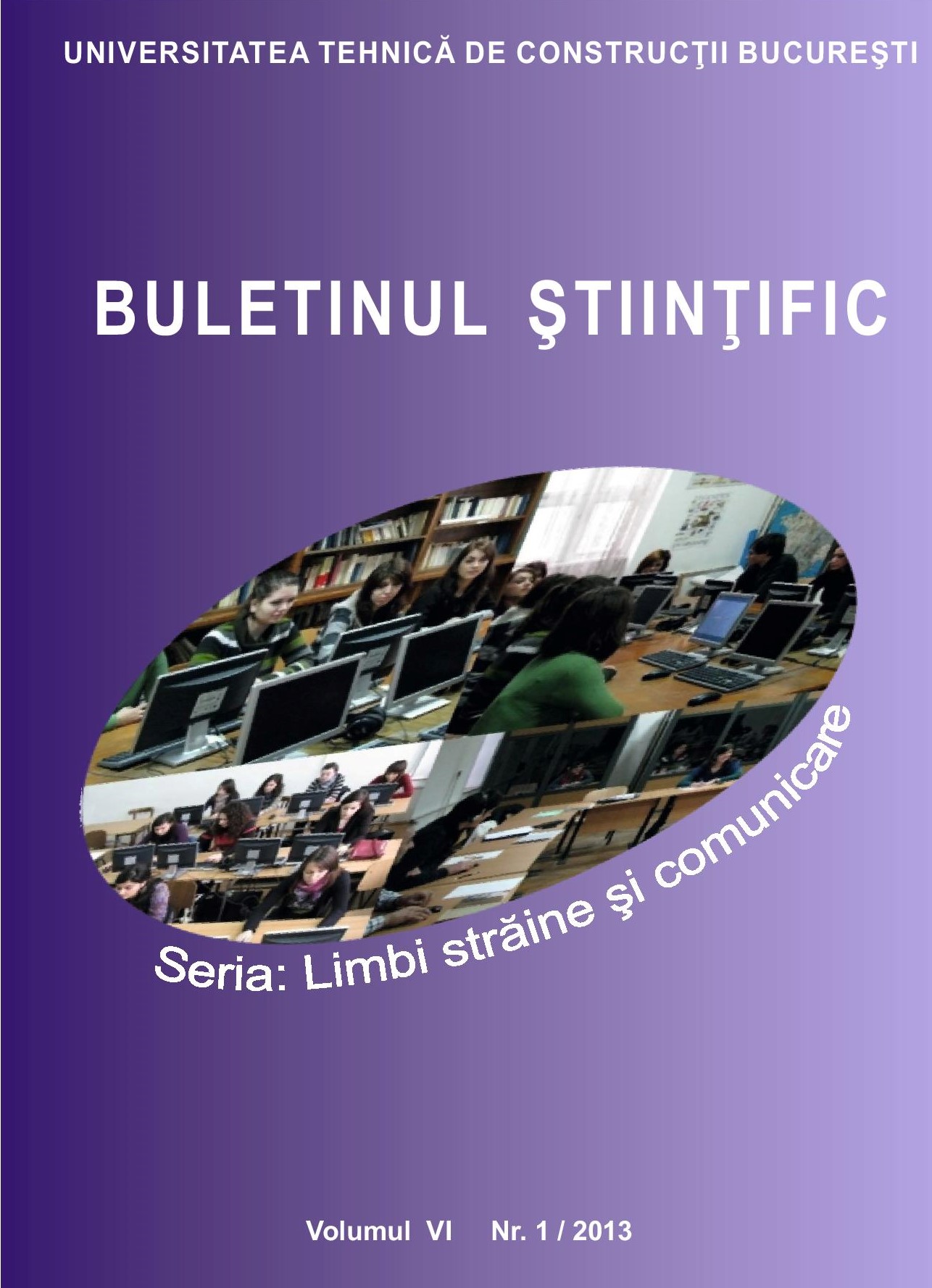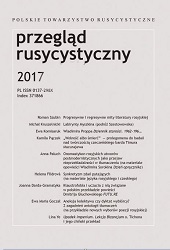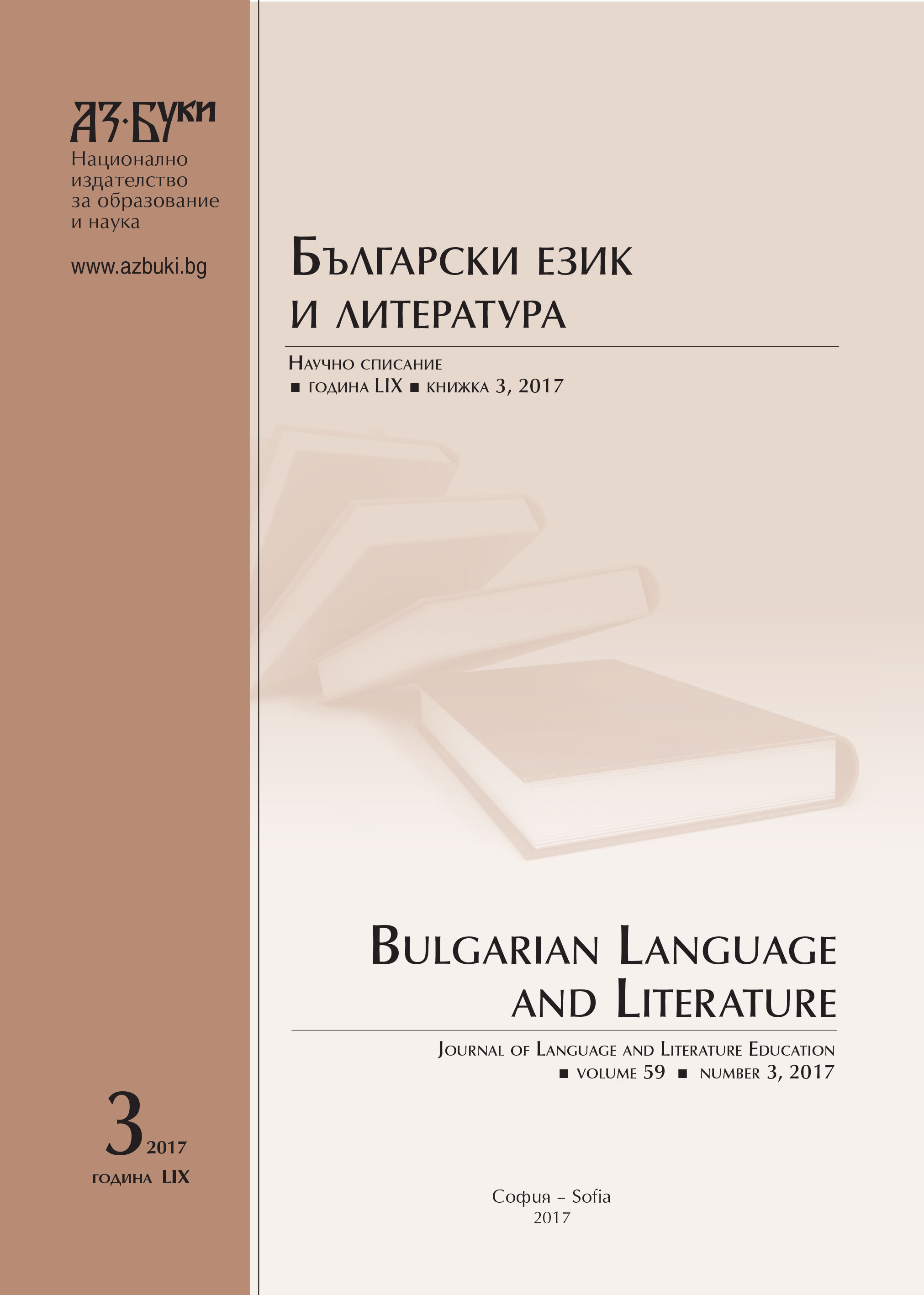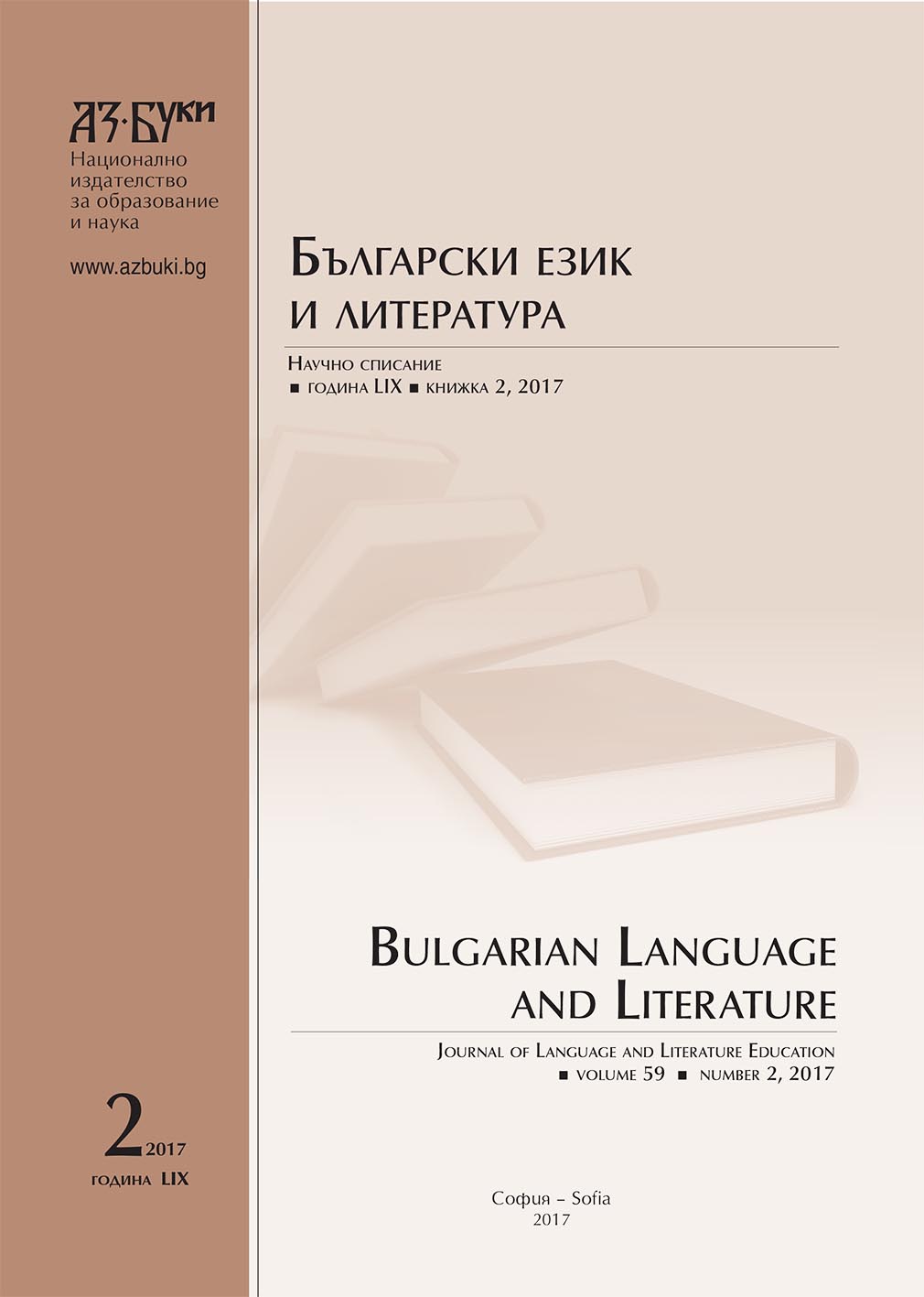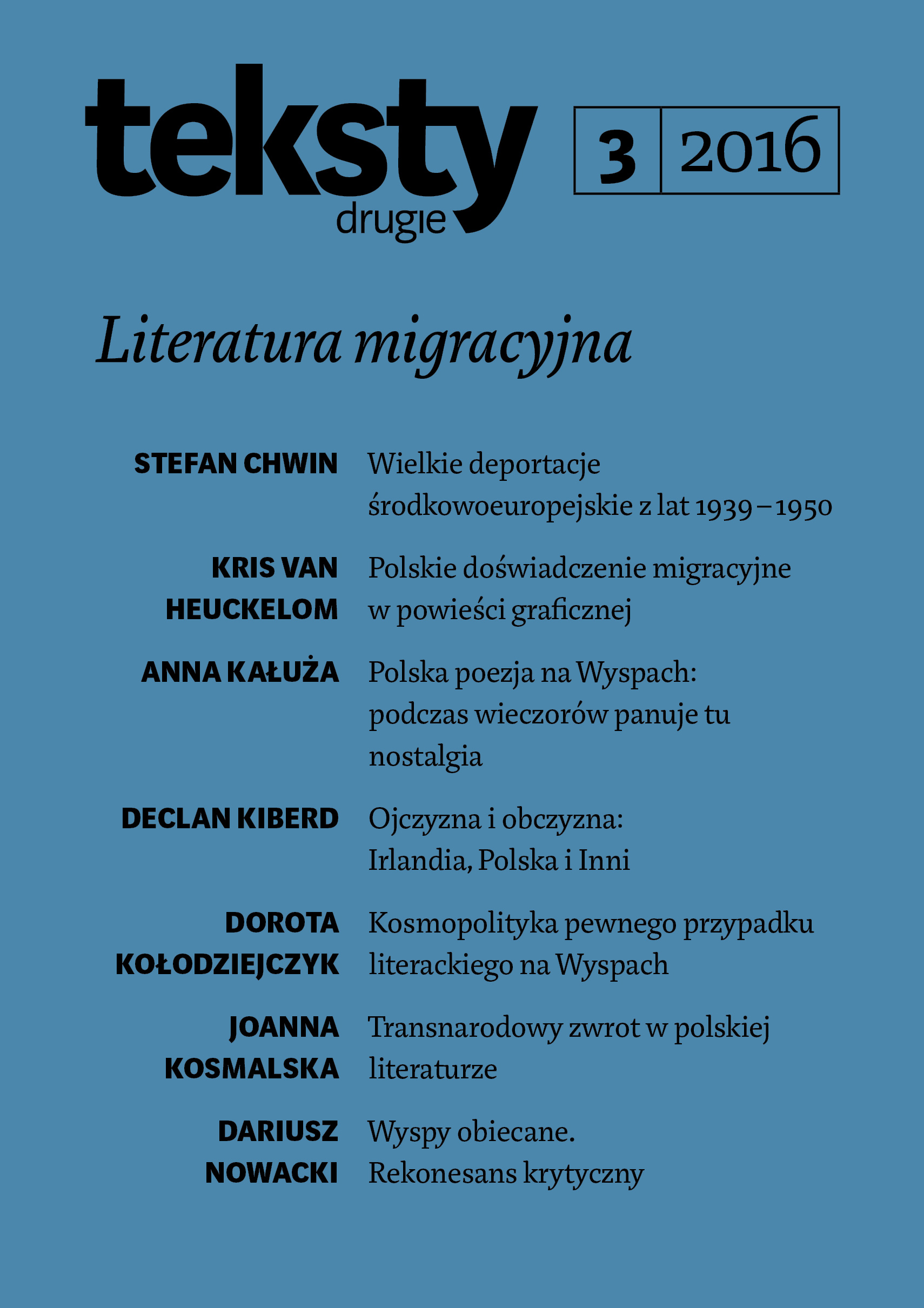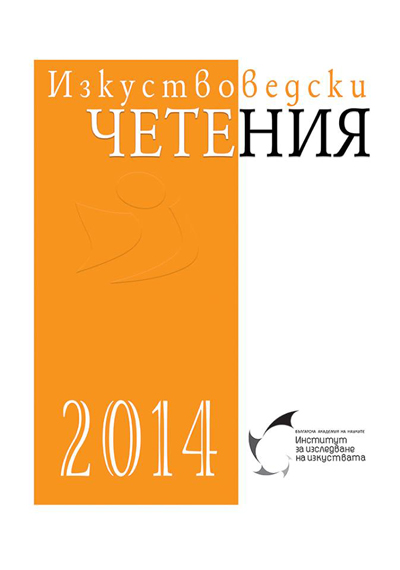
Образите на светите братя Кирил и Методий – идеологизация на миналото, изразена в нумизматиката
The great work of the Solun Brothers – Saints Cyril and Methodius – undoubtedly played an important part in the creation of the national identity and national awareness for many Slavic nations. Considering importance of the Cyril and Methodius heritage, it seems surprising how little their images were used on national coinage – one of the most common and most important symbols of independent nations. The only countries that paid a tribute to Solun Brother’s legacy, while creating their national identity were Slovakia, Bulgaria and Macedonia; by placed them in certain cultural, political and ideological context on collector’s items as well as on everyday currency.
More...
